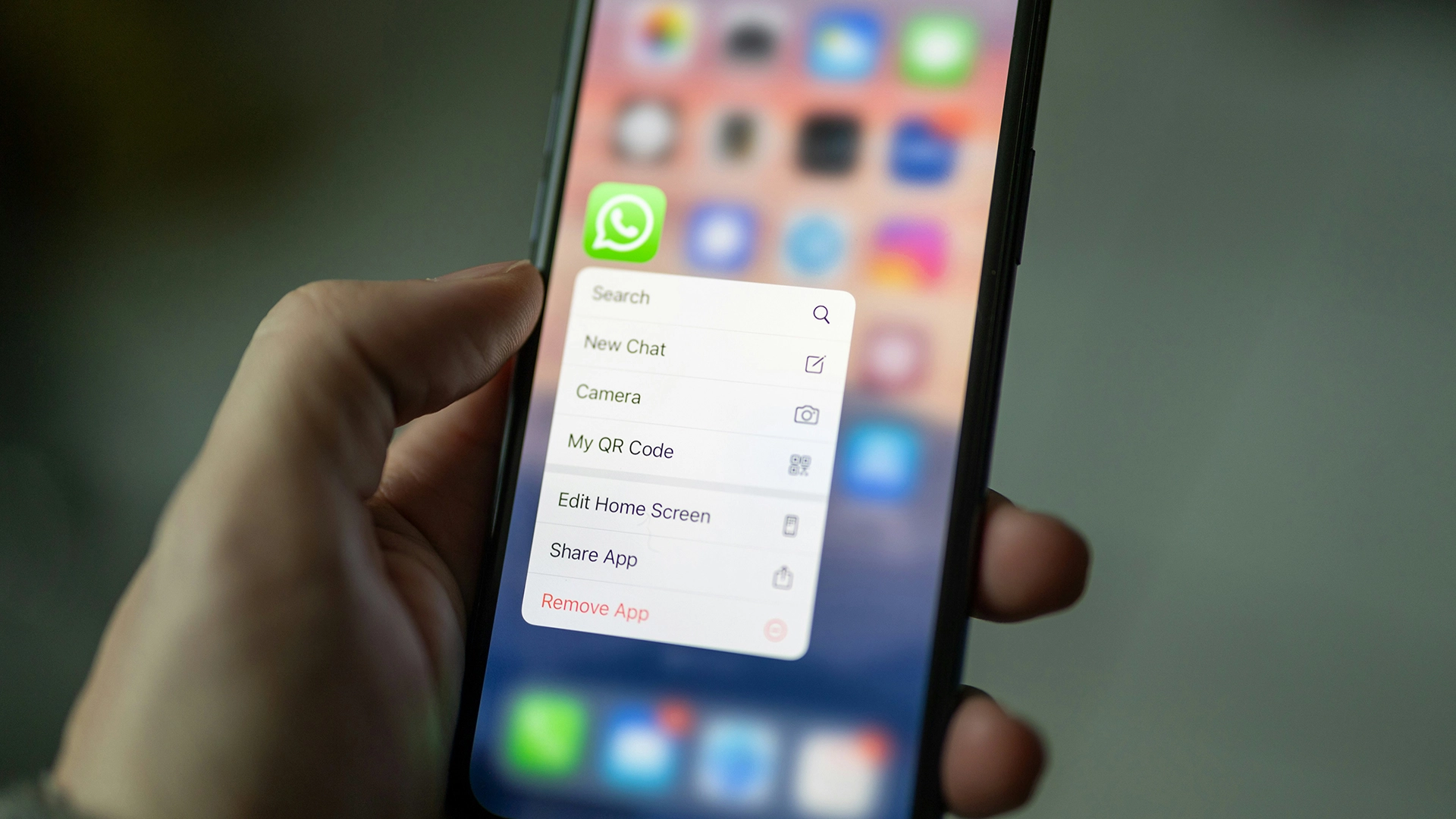
Image by Dimitri Karastelev, from Unsplash
U.S. House Bans WhatsApp On Official Devices Over Data Concerns
On Monday, the U.S. House of Representatives instructed its congressional staff members to eliminate WhatsApp from official government devices.
In a rush? Here are the quick facts:
- U.S. House bans WhatsApp from all government-issued devices.
- CAO cites lack of data transparency and encryption.
- Meta says WhatsApp is safer than approved alternatives.
The order came from the House’s Chief Administrative Officer (CAO), citing serious worries about user data management and cybersecurity risks in the app..
“The Office of Cybersecurity has deemed WhatsApp a high-risk to users due to the lack of transparency in how it protects user data, absence of stored data encryption, and potential security risks involved with its use,” the CAO said in an internal email obtained by Axios.
“House staff are NOT allowed to download or keep the WhatsApp application on any House device,” they added.
If staffers already have the app installed, the CAO warned they will be contacted to remove it. Azios notes that the House has previously banned Microsoft Copilot, ChatGPT (except the paid Plus version), as well as multiple ByteDance applications.
The parent company of WhatsApp, Meta, strongly opposes the decision made by the House. Spokesperson Andy Stone said, “We disagree with the House Chief Administrative Officer’s characterization in the strongest possible terms.”
We disagree with the House Chief Administrative Officer’s characterization in the strongest possible terms. We know members and their staffs regularly use WhatsApp and we look forward to ensuring members of the House can join their Senate counterparts in doing so officially. https://t.co/QsUPKaiAmU
— Andy Stone (@andymstone) June 23, 2025
Axios reports how Andy added that WhatsApp messages are “end-to-end encrypted by default, meaning only the recipients and not even WhatsApp can see them,” and called it “a higher level of security than most of the apps on the CAO’s approved list.”
The CAO recommended House staff members use Signal, iMessage, FaceTime, Wickr, or Microsoft Teams as alternative messaging platforms, the Axios report said. Staff members received instructions to maintain constant vigilance against phishing scams and suspicious communication messages.
CNBC notes that the announcement comes as Meta is under fire in an antitrust case that challenges its acquisitions of WhatsApp and Instagram. The company plans to introduce WhatsApp ads for revenue growth, which CEO Mark Zuckerberg describes as “the next chapter” for the application.


 Previous Story
Previous Story

 Latest articles
Latest articles 